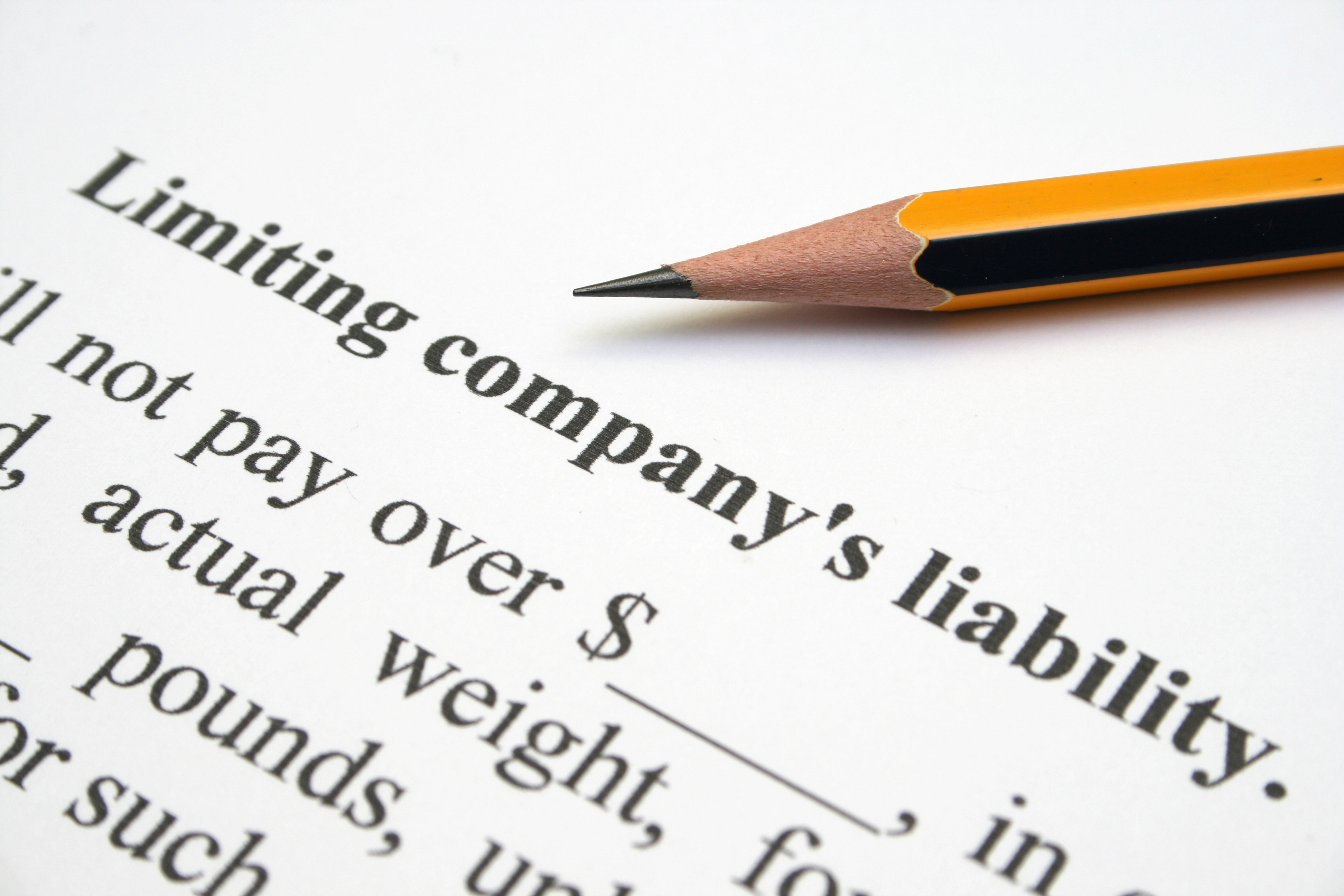
Contract-A Good Read
Contracts, lovely reading are they not? Not always easy to get through but if you are food and beverage manufacturer using a co-packer, distributor, or direct to retail , here are some things you want to keep in mind when reviewing for insurance purposes.
Types of Liability Insurance
A key contract item is insurance. This will usually be the first insurance policy you buy for your business. Here are some things to keep in mind beyond just the limits of liability.
First, what type of liability insurance do you need? The primary coverage is for injury due to a product. General Liability and Product Liability cover this type of loss. General Liability also includes coverage for your premise and operations. If a contract asks for General Liability it may be just a boilerplate request. Product Liability should suffice for a vendor. However, product liability will not work for leasing space or attending a show. The liability need is broader than just your product. Consider how you operate and market your product before purchasing pure Product Liability coverage.
Liability Coverage Trigger
Most contracts will require an Occurrence form. Coverage is triggered at the time of occurrence. The date the claim is reported is of lesser significance. Claims Made is the second common coverage trigger. Coverage is triggered at the time the claim is reported or known to an insured. Think about it more in terms of when you become aware of a potential problem. These policies restrict any occurrence to be on or after a Retroactive Date. This date limits occurrences that are eligible for coverage. Some of you may have to buy a claims made form for your product but your contracts may ask for an occurrence form. If so, we need to talk as there is too much to type.
Limits of Liability Insurance
Limits of Insurance you carry can vary from contract to contract. Be prepared and ask your broker or agent about how to increase coverage. Limits can be increased with the same policy or with an excess/umbrella policy. It depends on your insurance company and policy type (occurrence or claims made). For example, retailer A needs $1,000,000 per occurrence with a $2,000,000 aggregate. You have a chance to get into retailer B but they need $5,000,000 per occurrence. Know as much as you can up front but be flexible.
Additional Insureds
Requests for Additional Insured status is common. It is accomplished with either a Blanket Additional Insured endorsement or specific endorsement for that additional insured. Your agent or broker can help here. Not all contract language can be accommodate. If the party asks for things your policy cannot do the time to handle it is in the beginning of the process not after you commit.
Property Insurance
I list this coverage not because it is usually a requirement. I list it because you should consider your property when signing contracts. Especially if your property will be in the care of others. I often see co-packing contracts that are silent on property coverage. Do you really know or do you just think you know? Big difference when a fire takes out your product in your co-manufacturers facility and both parties are staring at each other wondering what to do next.
Product Recall
What if your product needs to come out of circulation due to improper manufacturing. Who pays? Does your contract say? Maybe yes and maybe no. This may not be a coverage your manufacturer carries so do not assume. If they do it may not afford you coverage. A mislabeled product will not be the manufacturers issue. But if allergens get introduced, that should not have been, who pays to recall and make a new run? The new run might be the easy part but paying to bring it all back and destroy it is another matter.
Automobile Insurance
If your business does not have an owned auto this can often be waived. However, if you are required to carry Hired or Non Owned Auto insurance that is another matter. This protects your business for the use of rented, leased or borrowed vehicles in your business. Your contracting partner may want it as an added buffer of liability insurance beyond the insurance carried on the vehicle(s). See this article for more information: Hired & Non Owned Auto
Workers Compensation
This is another coverage that may not apply to your situation but is often in spec sheets outlining insurance requirements. Remember, a 1099 is irrelevant to workers compensation boards in all states. You need more than that to prove someone is not an employee. If you need workers compensation to comply with a contract and you do not buy it because “you thought” it did not apply, the other party could very well claim breach of contract. This can trigger penalties as well as your business paying for an eligible employee’s injuries from company funds.
If you focus your attention on these insurance items you will be able to negotiate most insurance specs. There is a bit more to the story which I will save for another post but these are the “majors”. If you need help, consult your attorney for the legal portion and call us about the insurance part.
Best Regards,

